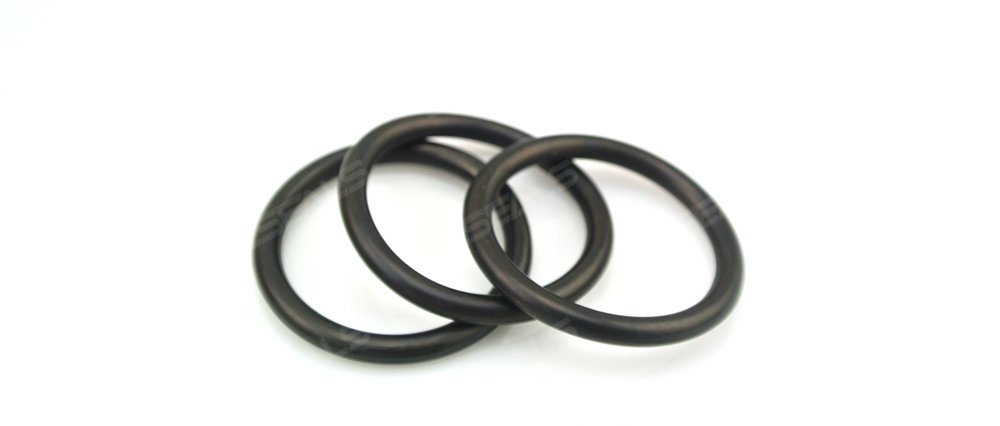Rubber seals play a crucial role in ensuring the integrity and efficiency of various mechanical systems. Whether it’s in hydraulic cylinders, engines, pumps, or industrial machinery, rubber seals act as the first line of defense against leaks and contamination. Understanding their significance and selecting the right rubber seal can make all the difference in the performance and longevity of equipment.
At the core of rubber seals’ effectiveness is their ability to provide a secure barrier against fluids, gases, and contaminants. This reliability stems from the unique properties of rubber, including its elasticity, flexibility, and resilience. These qualities allow rubber seals to conform to irregular surfaces, withstand pressure differentials, and maintain a tight seal even in dynamic environments.
Rubber seals are available in various forms, including O-rings, lip seals, and custom-molded shapes, catering to a wide range of sealing requirements. O-rings, for instance, are widely used due to their simplicity, versatility, and cost-effectiveness. They create a compression seal between two mating surfaces, preventing fluid or gas leakage.
In hydraulic systems, rubber seals are essential components that prevent fluid leakage in cylinders, valves, and pumps. The reliability and performance of these systems heavily depend on the quality and durability of the rubber seals used. A minor seal failure can lead to significant downtime, maintenance costs, and potential safety hazards.
Choosing the right rubber seal involves considering factors such as material compatibility, operating conditions, temperature range, and pressure requirements. Different elastomers, such as nitrile, silicone, EPDM, and fluorocarbon rubber, offer varying levels of resistance to chemicals, heat, and abrasion, ensuring suitability for specific applications.
Regular maintenance and inspection of rubber seals are essential to identify signs of wear, damage, or degradation early on. This proactive approach helps prevent unexpected failures and extends the service life of equipment. Additionally, proper installation techniques and ensuring adequate lubrication can optimize seal performance and minimize friction.
In conclusion, rubber seals serve as the foundation of reliable sealing solutions across various industries. Their ability to create a dependable barrier against leaks and contaminants ensures the smooth operation and longevity of mechanical systems. By understanding their importance and selecting the appropriate seal for each application, businesses can enhance efficiency, reduce downtime, and maintain operational excellence.
Post time: Jun-06-2024

